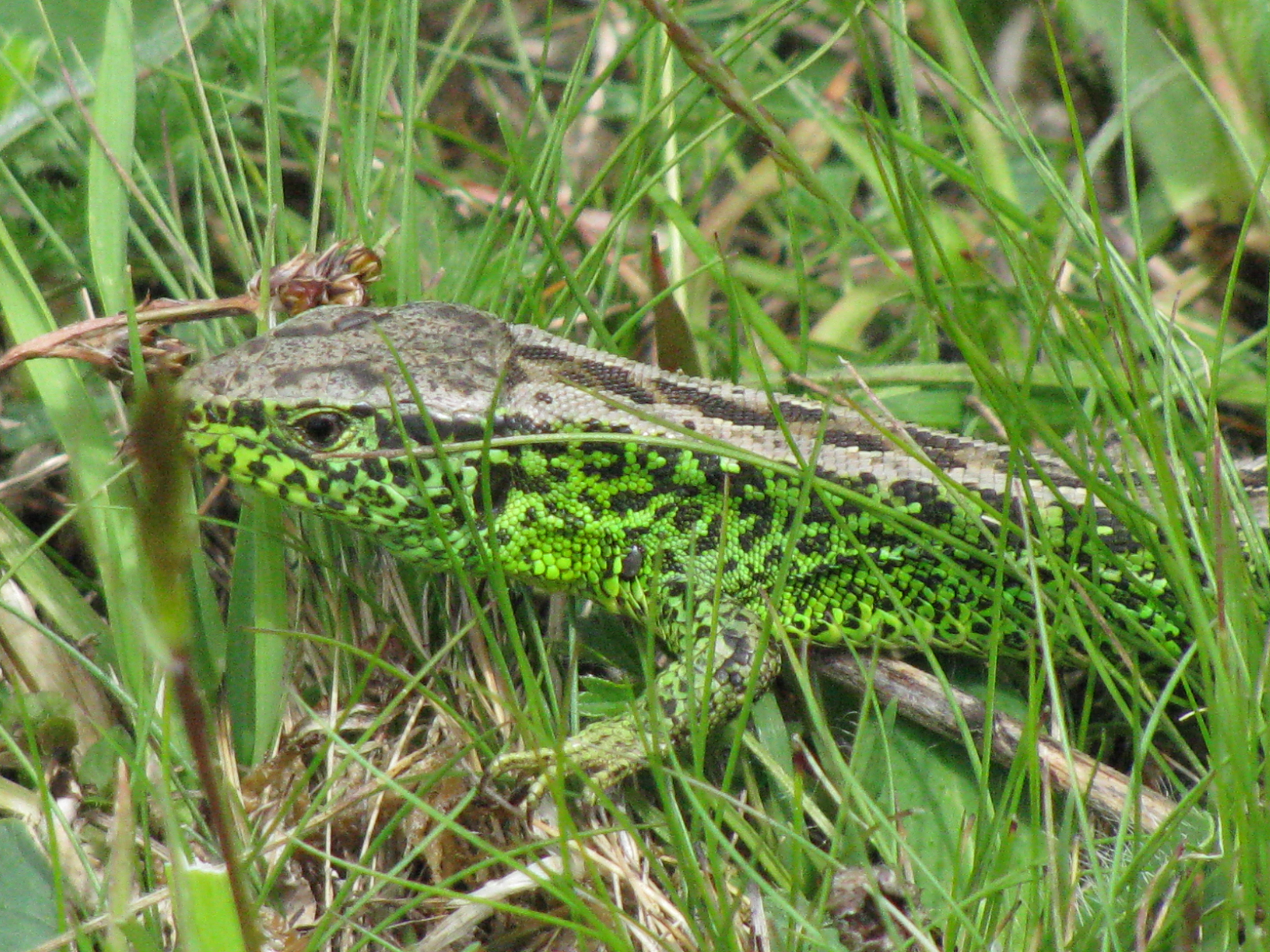This Project is now closed
Support to the operations of the BIOPAMA Observatories of Protected Areas by developing and tailoring tools and services to enhance conservation outcomes
| Country | ACP |
|---|---|
| Sectors | Environment |
| Language | English, French |
| Status | Framework |
| CV Deadline | 2017-11-23 (Closed Project) |
| Background | The BIOPAMA2 project (funded by the EDF11-Intra-ACP envelop) is part of the EU Biodiversity for Life Flagship initiative which supports efforts to halt the loss of biodiversity and ecosystem services. It is a follow-up to the EDF10-Intra-ACP BIOPAMA project (2011–2016). The overall aim of the project is to contribute to improving the long-term conservation and sustainable use of biodiversity and natural resources in Africa, Caribbean and Pacific regions in protected areas and surrounding lands of local communities. Protected Areas and the landscapes within which they are located, have a central role to play in preserving the biodiversity and ecosystem services that the majority of rural communities depend on for sustainable livelihoods. The project BIOPAMA2 will continue to build institutional and technical capacities at the regional, national and site levels with access to and application of data to inform and strengthen policy decisions for improved PAs and biodiversity management actions. The activities will be structured around the work of a series of Regional Observatories (ROs) managed by regional institutions, and housing Regional Reference Information systems (RRIS) with tools and services that stakeholders can use for planning – monitoring – (self-) evaluating and report on the status of biodiversity and PAs. The project will also support specific actions on the ground in priority conservation landscapes aiming at strengthening PAs and natural resource management effectiveness and governance. By adopting a landscape approach the project will contribute to a better PAs management and to enhancing local livelihoods through sustainable use of natural resources. Most developing countries are heavily dependent on natural resources for maintaining the livelihoods of local communities and indigenous peoples and for developing new options for economic development, such as tourism and other ‘green’ activities. At present unsustainable human activities, together with the effects of climate change; cause a steady impoverishment of ecosystem services and biodiversity in and outside PAs. In this context protected areas are playing an increasingly important role in climate change adaptation and mitigation and in the maintenance of natural resources. ACP governments, with the support of the international community, have made significant efforts elaborating adequate strategies on governance and management embedding landscapes and seascapes to meet the challenges of sustainable development and maintenance of networks of well managed protected areas. |
| Objectives | The Global objective of the present assignment is to reinforce the decision-making process on conservation and natural resource management & governance. The Specific objective is to support the development of the Regional Reference Information System (RRIS) within the BIOPAMA2 Observatories, in particular of Central and Western Africa, to build on the lessons learnt from BIOPAMA1 and on the key recommendations of the BIOPAMA Mid Term Review (MTR) on the development and use of support tools for PAs management. The goal of the project entails improvement of the tools elaborated in BIOPAMA1 and development of ad hoc tools on planning, monitoring (self-) evaluation, scaling-up analysis on governance and management enhancement of the PAs. |
| Activities |
Improvement of the IMET version developed in BIOPAMA (building on the outcomes of the IMET statistical revision, of the IMET assessment carried out by the BIOPAMA coaches and of the IMET survey undertaken by IUCN). This work will imply correcting bugs and errors, provide suggestions or changes and/or re-wording of questions of the survey, improve the English version of IMET and, in coordination with the BIOPAMA IT staff, propose and implement IMET functionality improvements.
Beyond the improvement of the existing “context” and “management effectiveness” modules (as outlined above), the expert team will propose and test an alternative approach towards IMET form filling and analysis, structured by theme instead of the current approach by steps of the protected areas management cycle. The experts are also expected to conceive and generate new specific IMET modules on “Monitoring”, “Planning”, “Reporting” and “Governance of ecosystem services” (the latter, building on the work already undertaken in BIOPAMA).
In coordination with key stakeholders and beneficiaries, ensure the necessary field test campaigns for general IMET assessments and for the use of specific IMET modules. The number, the location and the duration of the test campaigns will be jointly defined with the JRC according to the global development and evolution of BIOPAMA2. An ad hoc financial provision to support the missions of the contracted experts is included in the present assignment.
Conception and implementation of the necessary statistical improvements to foster both soundness and reliability of IMET.
In coordination with key stakeholders and beneficiaries, conception and development of ad hoc scaling-up methodologies and approaches from local (protected area level) to national and/or ecoregional PA networks assessments to support situation analysis, decision-making and prioritization. Conception of a sound statistical approach underpinning the proposed systems and to generate analytical outcomes “ready to use” in support of decision-making.
Ensure the operational connection between the Regional Reference Information Systems, the functioning of the BIOPAMA Regional Observatories and the generation from IMET and from the other available tools and information of analytical products providing the expected added value in support to biodiversity conservation and protected areas management. In coordination with JRC experts in charge of the Copernicus program, promote the integration of analytical products from Earth Observation such as land cover change assessments in PAs and buffer zones.
Conceive, develop and update the necessary training material in view of supporting capacity building initiatives in the beneficiary regions on the use of IMET and its different modules and on the analysis processes to support biodiversity conservation and protected areas management and planning. Organize training for IMET coaches and support key training and capacity building initiatives undertaken primarily in the Western and Central Africa regions, including the organization by regional schools or training centres (for instance, ERAIFT) of ad hoc curricula on IMET. |
Project Position 1
| Position | Expert n° 1, Category I, Senior Expert and head of the mission |
|---|---|
| Qualification |
|
| Required Experience |
|
| Estimated Manpower | 205 WD |
| Mission Begin | 31/12/2017 |
| Mission End | 31/12/2019 |
| Contact | Contact us |
Project Position 2
| Position | Expert n° 2, Category I, Senior Expert |
|---|---|
| Qualification |
|
| Required Experience |
Special Skills: i) use of field-specific knowledge and understanding of all stages of data management to ensure data quality, consistency and international comparability internationally; ii) fluent user of the main statistical softwares such as SPSS/State/R/SAS; iii) capacity to make statistical analyses accessible and understandable to a wide audience. |
| Estimated Manpower | 83 WD |
| Mission Begin | 31/12/2017 |
| Mission End | 31/12/2019 |
| Contact | Contact us |

